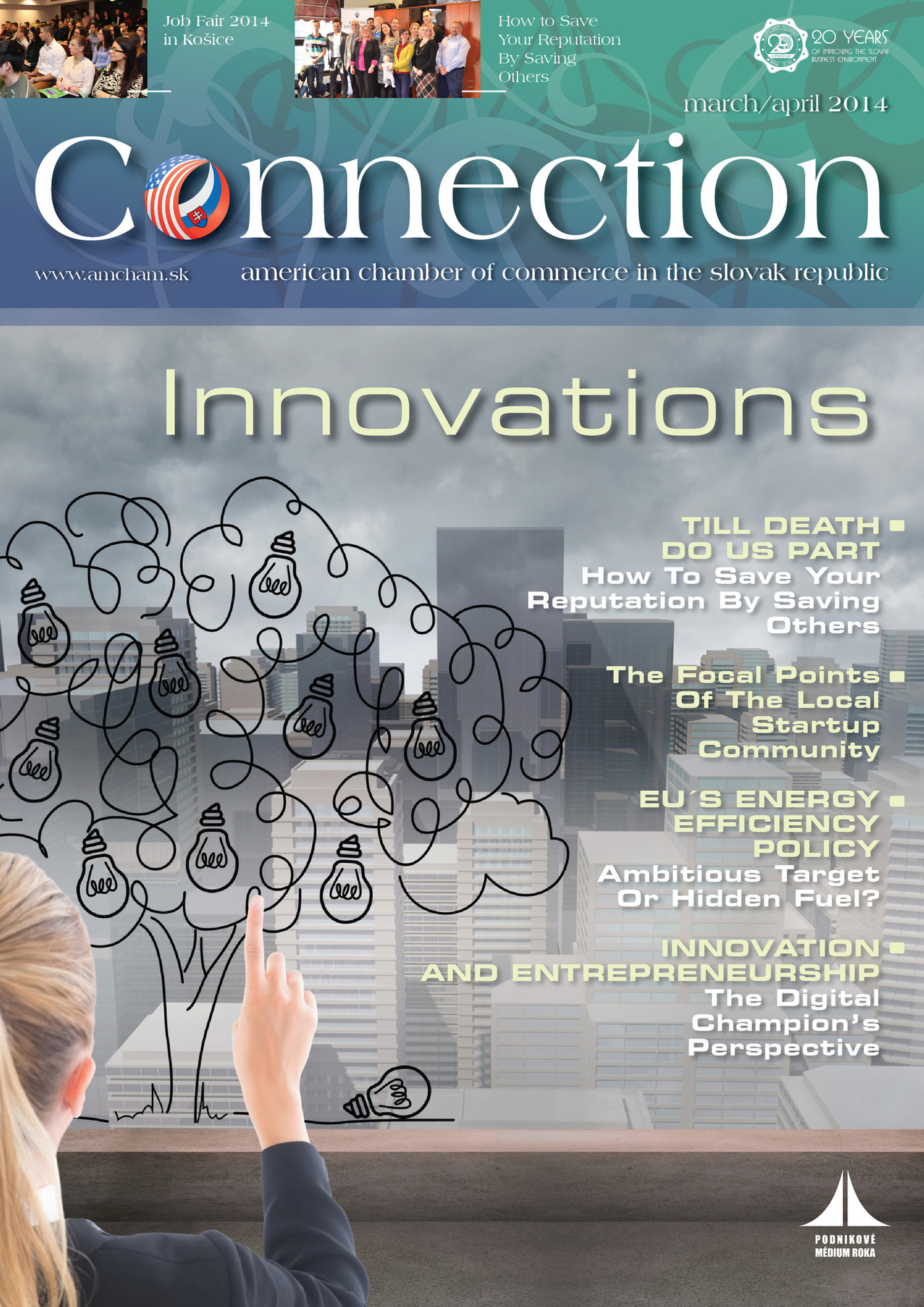One of the most important modifications concerns the form of the license agreement. Before last November, the agreement had to be concluded in writing in order to be valid. The new legislation requires the written form solely for exclusive licenses; a non-exclusive license agreement may now be concluded, e.g., via email, with no legal doubt about its validity or enforceability. Either party may request written confirmation of an extant license.
Besides identification of the work itself, every license agreement previously had to include a description of how it can be used, the scope of the license, the license period and the license fee. If the license agreement did not contain any of the above-mentioned legal requirements, it was deemed to be invalid. New legislation implements some legal presumptions pursuant to which the absence of these requirements does not result in the invalidity of the agreement.
According to the current wording of the amended Copyright Act, if the license agreement does not specify how the work can be used, the license is considered to be granted to the extent necessary to achieve the purpose of the agreement. In other words, the omission of this specification does not result in the invalidity of the agreement. In such cases, the use should be clear from the purpose of the agreement (e.g., an author creates a web page banner; from the purpose, it is clear that the work is to be made available to the public on-line).
The same applies if the scope of the license is omitted from the license agreement. If the license scope is not even deducible, territorial and substantive criteria shall be decisive in the determination of the license scope. If the license agreement does not specify the license territory, it is assumed that the license is granted for the territory of the Slovak Republic. If the license agreement does not include the substantive scope of the license, the law presumes that it is determined by what is usual for the particular type of work and the way it is used (e.g., the usual number of copies of a computer program).
The latest amendment similarly regulates a situation when the license agreement does not contain a license period. In such a case, it is presumed that the license is granted for the time necessary to achieve the purpose of the agreement; if the license period cannot be deduced from the agreement, the license is deemed to be granted for the period of time which is typical for the particular type of work and the way it is used. The maximum period of time for such determination is one year from the moment of granting the license. Such limitation should protect the legitimate interests of the author from granting unlimited license unintentionally.
The current law also reflects on the requirements of common practices, when the license agreements are concluded either on-line (distance contracts), or by simple clicking on a computer screen (click-thru contracts), or by opening a box containing software (shrink-wrap contracts). Every action from which the consent to the license terms may be deduced is now considered as acceptance of the license offer, thus a valid license agreement may be established. Today, it is also permissible only to specify the content of the license agreement or its part by reference to license terms that are known or available to the parties at the moment of concluding the license agreement (e.g., on a website.) This is also applicable in cases when the license terms are known to the contracting parties from their previous activities or their business practice.
In summary, it seems that the latest amendment to the Copyright Act has, at last, properly responded to recent progress in the various fields of IT.
It is encouraging news that there is a completely new Copyright Act in preparation. The forthcoming regulation is expected to promote the creativity of authors and performing artists, and to protect the rights and interests of other rights holders, while addressing the uses of protected content in the digital age.
Leo Vojčík, Managing Partner, Vojčík & Partners



Follow us